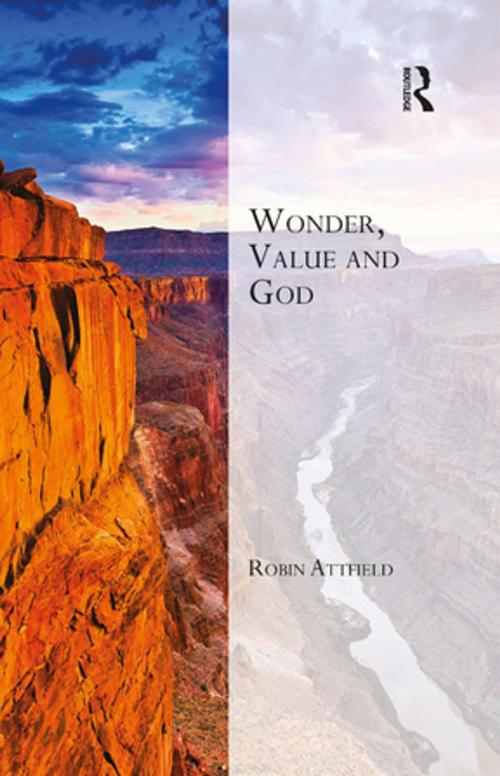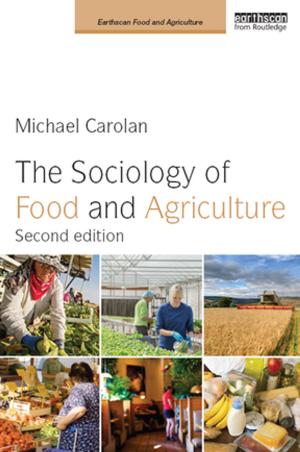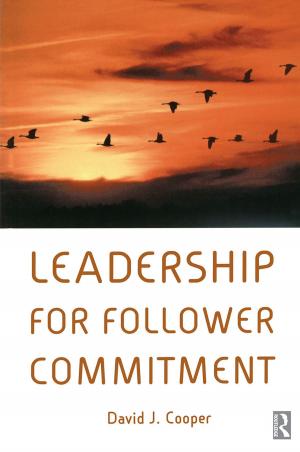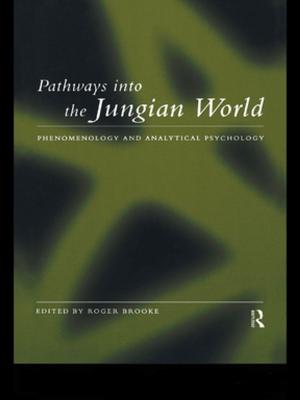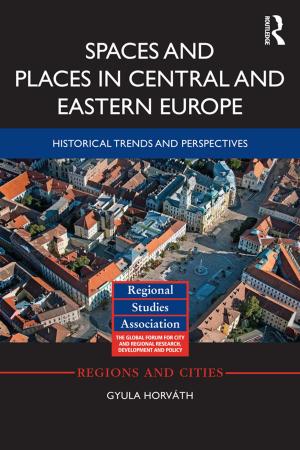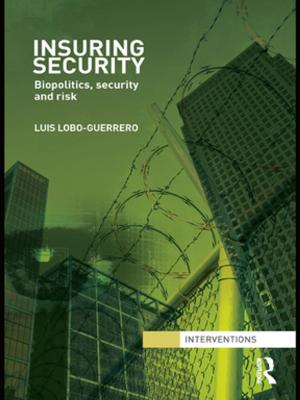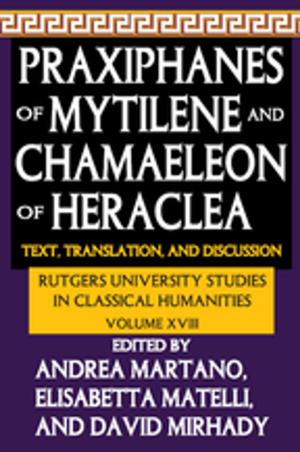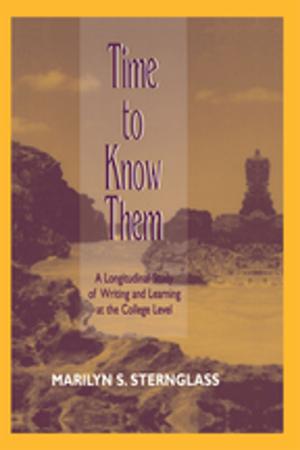| Author: | Robin Attfield | ISBN: | 9781134781645 |
| Publisher: | Taylor and Francis | Publication: | July 15, 2016 |
| Imprint: | Routledge | Language: | English |
| Author: | Robin Attfield |
| ISBN: | 9781134781645 |
| Publisher: | Taylor and Francis |
| Publication: | July 15, 2016 |
| Imprint: | Routledge |
| Language: | English |
This book relates the value present in the natural world and in human creativity to an underlying purpose which it traces in creation. It opens by invoking the wonder aroused by nature's value and celebrated by poets, and moves to a cosmic purpose as the best explanation of this value. Natural evils are considered and set in their evolutionary context. Human creativity is later related to inspiration, and to traditional theistic teaching about the purpose of human life. Criticisms of "the value approach" are considered, together with the quest for meaning, and fears that Darwinism undermines it, which are found to be illusory. New ground is broken through this response to the spectre of bleakness. The author's previous studies of meaningful work are applied to the question of the nature of a worthwhile life and life's meaning. While the world's value is argued to point to creation by a transcendent lover of value, human beings are shown to be capable of augmenting that value through their creativity (not least through activities such as craftsmanship and gardening). In integrating the themes of value, creativity and purpose, the book contributes a new synthesis to the literature of philosophy, environmental studies and theology.
This book relates the value present in the natural world and in human creativity to an underlying purpose which it traces in creation. It opens by invoking the wonder aroused by nature's value and celebrated by poets, and moves to a cosmic purpose as the best explanation of this value. Natural evils are considered and set in their evolutionary context. Human creativity is later related to inspiration, and to traditional theistic teaching about the purpose of human life. Criticisms of "the value approach" are considered, together with the quest for meaning, and fears that Darwinism undermines it, which are found to be illusory. New ground is broken through this response to the spectre of bleakness. The author's previous studies of meaningful work are applied to the question of the nature of a worthwhile life and life's meaning. While the world's value is argued to point to creation by a transcendent lover of value, human beings are shown to be capable of augmenting that value through their creativity (not least through activities such as craftsmanship and gardening). In integrating the themes of value, creativity and purpose, the book contributes a new synthesis to the literature of philosophy, environmental studies and theology.
